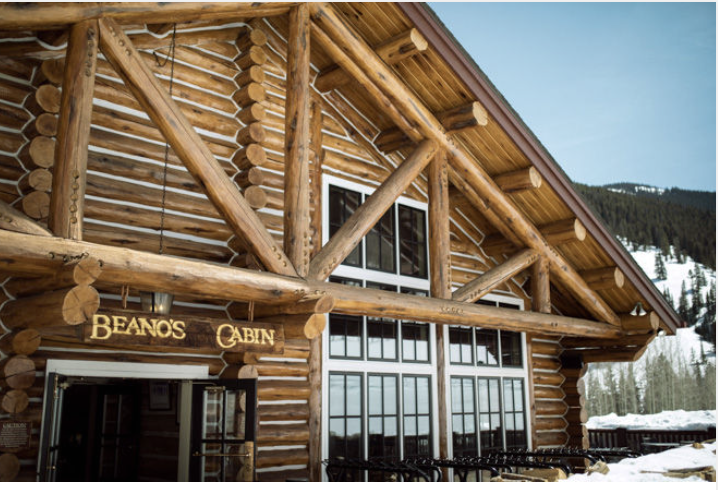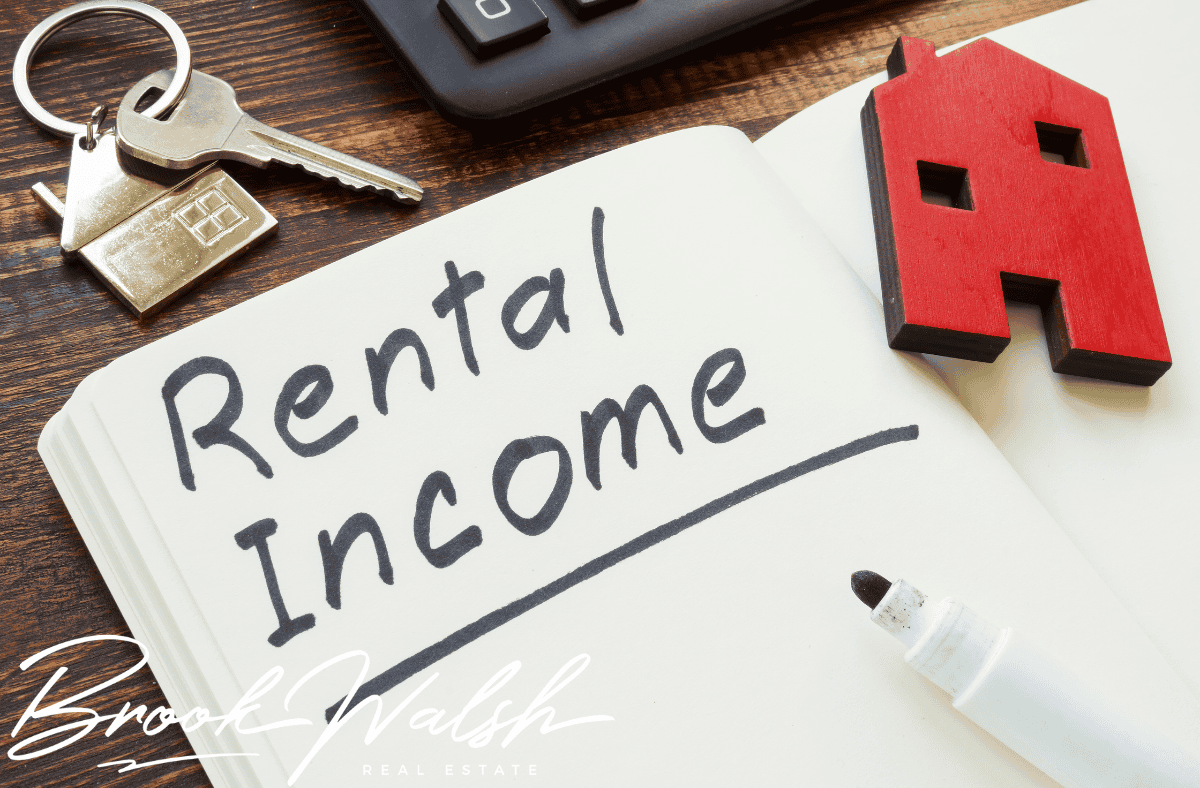Northern Michigan Real Estate Investing: Top Strategies, Hotspots & Expert Insights
Northern Michigan Real Estate Investing offers affordable property, strong vacation rental demand, and great long-term returns. Discover the best towns, strategies, and expert tips.
Introduction to Northern Michigan Real Estate Investing

Northern Michigan has quietly become one of the most promising regions in the Midwest for real estate investors. From stunning lakeside towns to charming rural communities, this region blends natural beauty with affordable investment opportunities. Whether you’re eyeing vacation rentals, long-term holds, or rural development, Northern Michigan real estate investing offers a range of options to suit every investment style.
Over the past decade, investor interest has surged as buyers look beyond crowded city markets for sustainable income and lifestyle-based properties. If you're considering entering the market or expanding your portfolio, this guide will equip you with everything you need to succeed.
Why Invest in Northern Michigan Real Estate?
Economic Growth and Stability
Northern Michigan may be less industrial than its southern counterpart, but it enjoys a stable local economy driven by tourism, healthcare, and education. Many communities here show steady population growth and development, offering a safe haven for real estate investment. Infrastructure improvements and regional development plans have also enhanced the investment landscape.
Tourism and Vacation Rental Potential
One of Northern Michigan's strongest draws is its appeal to tourists. With destinations like Traverse City, Mackinac Island, and Sleeping Bear Dunes, tourism brings millions of visitors each year. This fuels strong demand for vacation rentals and short-term stays—providing investors with steady income streams.
Affordable Property Prices Compared to Urban Markets
While prices have risen, property in Northern Michigan remains far more affordable than in major metro areas like Detroit or Chicago. This lower entry point makes it ideal for first-time investors or those seeking higher ROI. It’s possible to find spacious properties with scenic views at a fraction of the cost compared to coastal or urban markets.
Best Cities and Towns for Real Estate Investment in Northern Michigan

Traverse City: A Real Estate Gem
Known for its vibrant downtown, award-winning wineries, and Lake Michigan views, Traverse City tops many investors’ lists. The housing market is competitive, but rental demand—both short and long-term—remains high year-round.
Petoskey: Lakeside Charm and Rental Demand
Petoskey offers a blend of old-world charm and strong tourism-driven demand. It’s a hotspot for seasonal rentals and is gaining attention for boutique developments and luxury vacation properties.
Gaylord and Alpena: Affordable Hidden Treasures
These lesser-known towns are rapidly developing, offering low-cost entry into the market with strong appreciation potential. They’re ideal for investors willing to hold and watch their investments grow.
Types of Investment Properties in Northern Michigan

Single-Family Homes
Great for beginner investors or those seeking a low-maintenance option. They are versatile—useful for both long-term rentals and short-term Airbnb listings.
Vacation Rentals and Cabins
These are highly popular in tourist zones. A well-located cabin or lake house can earn significant income during peak seasons, particularly summer and fall.
Multi-Family Units and Duplexes
Multi-family properties are rarer in the region but provide stable cash flow and can be a hedge against seasonal fluctuations. They are especially valuable in towns with colleges or hospitals.
Land and Rural Property Investment
Investing in land is a long-term play. Buyers can develop residential sites, recreational areas, or even hunting grounds—capitalizing on Michigan’s vast outdoors appeal.
Seasonal Trends and Market Cycles in Northern Michigan
Best Times to Buy and Sell
Spring and early summer are peak times for buying, while fall tends to bring better deals. Selling in summer usually brings the highest profits due to increased demand from out-of-town buyers.
How Winter and Tourism Seasons Affect the Market
The market slows in winter but doesn’t freeze. Savvy investors use this period to negotiate better deals and prepare for the busy summer rental season.
Short-Term Rentals and Airbnb Opportunities

Zoning and Regulatory Considerations
Before diving into short-term rentals, it's crucial to check local zoning laws. Some towns have strict Airbnb rules, while others welcome them with open arms. Always verify with local authorities or real estate professionals.
Managing Vacation Rentals for Maximum ROI
Professional management companies can help you maximize occupancy and maintain properties remotely. Investing in smart home tech and quality furnishings boosts reviews and repeat business.
Financing and Mortgage Options in Northern Michigan
Local Banks vs. National Lenders
Local banks often understand the nuances of rural and vacation-area lending better. They may offer flexible terms and personalized service that national lenders can't match.
Leveraging DSCR Loans and FHA/VA Loans
Debt-Service Coverage Ratio (DSCR) loans are great for income-generating properties. Meanwhile, FHA and VA loans can be used creatively by house-hackers and first-time investors.
Working with Real Estate Agents and Property Managers
Choosing a Local Expert
A local real estate agent familiar with seasonal trends and regional quirks is worth their weight in gold. They can help you uncover hidden gems and avoid common pitfalls.
How Property Management Can Simplify Investing
A good property manager handles everything from tenant screening to maintenance. This is especially useful if you’re managing from out of state or juggling multiple properties.
Legal Considerations and Taxes for Investors
Property Taxes and Homestead Exemptions
Michigan offers homestead exemptions that reduce taxes on primary residences. Non-homestead properties (like rentals) are taxed higher—factor this into your calculations.
Landlord-Tenant Laws in Michigan
Michigan's rental laws are relatively landlord-friendly. However, make sure to follow rules about security deposits, eviction timelines, and lease disclosures.
Common Mistakes to Avoid in Northern Michigan Real Estate Investing

Overpaying for Seasonal Properties
High demand can lead to bidding wars. Always run comps and avoid emotional purchases—especially during peak tourism season.
Ignoring Off-Season Carrying Costs
Don’t underestimate winter costs—heating bills, snow removal, and potential vacancies. Budgeting for the off-season ensures sustainable cash flow.
Case Studies: Successful Northern Michigan Investors
From First-Time Buyer to Vacation Rental Pro
Sarah, a Chicago-based teacher, bought a two-bedroom cabin near Torch Lake in 2019. Initially, it served as a family getaway, but she soon realized the income potential through Airbnb. With minimal investment in furnishings and marketing, she achieved a 70% occupancy rate during the summer months. By 2021, the property was generating enough income to cover its mortgage and contribute to her savings.
Flipping in Small Towns for Big Profits
James, a contractor from Lansing, turned to Alpena for his first fix-and-flip project. He purchased a foreclosed Victorian-era home for under $90,000. After investing $40,000 in renovations, he sold the property for $175,000 in just under a year. His success came from understanding the town's architecture demand and connecting with a local real estate agent to price the home competitively.
Frequently Asked Questions

1. Is Northern Michigan good for long-term rentals or vacation rentals?
Both! However, vacation rentals tend to offer higher income potential during peak tourist seasons. Long-term rentals are better for consistent, year-round cash flow.
2. How much do homes typically cost in Northern Michigan?
Prices vary widely. You can find homes as low as $100,000 in rural areas, while lakefront properties in Traverse City may exceed $500,000. The average cost for a quality rental-ready home is around $250,000.
3. Do I need to live in Michigan to invest there?
No. Many successful investors manage properties remotely using local property managers. Just ensure you comply with Michigan’s laws and hire trustworthy local support.
4. What are the best months for rental income in Northern Michigan?
June through October are peak months, especially for areas near lakes or tourist attractions. Winter sports areas like Boyne may also perform well in colder months.
5. Are there any investment incentives in Michigan?
Yes! Depending on the town or county, you may qualify for incentives like tax abatements or rehabilitation grants. It’s wise to contact local economic development offices.
6. What’s the biggest risk with investing in this region?
Seasonality. Income can be high in summer but low in winter, especially for short-term rentals. It’s crucial to budget wisely and factor in the off-season when analyzing potential ROI.
Conclusion: Is Northern Michigan Right for You?

Northern Michigan real estate investing presents a unique blend of affordability, natural beauty, and income potential. Whether you're buying your first property or adding to a seasoned portfolio, the region’s mix of tourist appeal, stable growth, and investment versatility makes it an excellent choice.
With strategic planning, the right local partners, and a strong understanding of seasonal dynamics, you can turn Northern Michigan into your next real estate success story.
Disclaimer for BrookWalsh.com
The information provided on BrookWalsh.com is for general informational purposes only and is not intended as legal, financial, or investment advice. While we strive to ensure the accuracy and reliability of the content, BrookWalsh.com makes no warranties or representations regarding the completeness, accuracy, or reliability of any information on this site or found by following any link on this website.
Real estate investing involves risks, and past performance is not indicative of future results. Users are encouraged to conduct their own due diligence and consult with licensed professionals before making any investment decisions.
BrookWalsh.com is not responsible for any losses or damages resulting from the use of information or services provided on this site. By using this website, you acknowledge and agree to this disclaimer and our terms of use.
Posted by Brook Walsh on

Leave A Comment